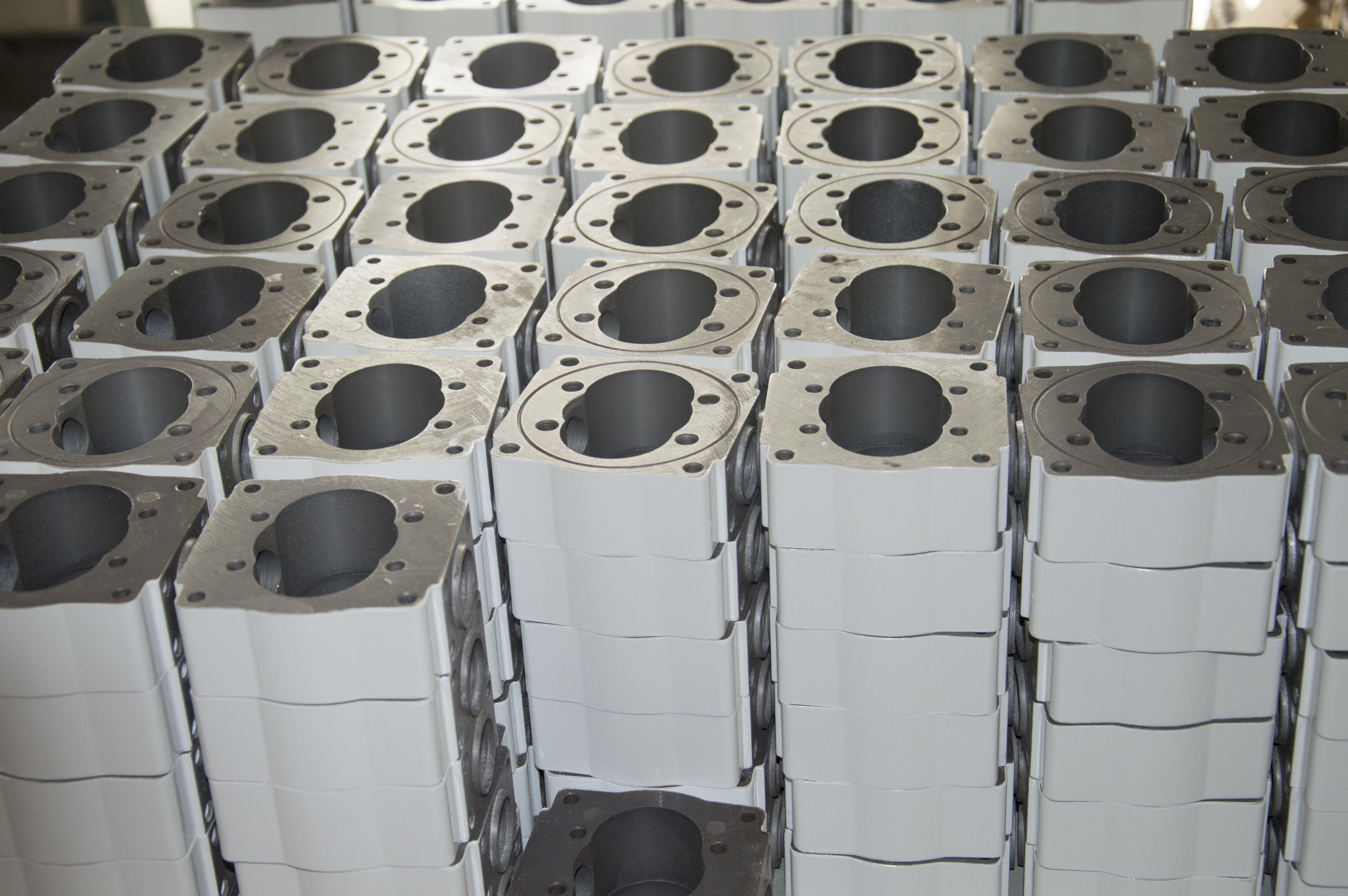 Die Casting is one of the most cost-effective and versatile manufacturing processes in the world. From durable mechanical parts for household use to complex geometrical parts for medical equipment, this precision process provides you with a part of the desired shape with incredible dimensional accuracy.
Die Casting is one of the most cost-effective and versatile manufacturing processes in the world. From durable mechanical parts for household use to complex geometrical parts for medical equipment, this precision process provides you with a part of the desired shape with incredible dimensional accuracy.
When setting out the die-cast design, it is crucial to ascertain the type of alloy best suited to its specific application. Each alloy has its own physical and mechanical properties, which are essential in determining the longevity, strength, and overall functionality of the finished product.
Are Magnesium Alloys Viable Option for You?
Magnesium alloys are one of the most common die-casting metals. They’re incredibly lightweight, offer significant component and feature integration and provide high dimensional stability that improves fit and finish.
On the flip side, magnesium alloys have poor corrosion resistance and need a special protective solvent to be added during the melting process. Even though they have good impact toughness and fatigue strength, these alloys are sensitive to stress concentration, have a low yield point and small modulus of elasticity. Besides, they’re indeed highly combustible when in a finely divided form, such as powder or fine chips.
All these factors make many customers rethink the usage of magnesium alloys for structural applications. Although the choice is yours, we can safely say that magnesium is not as stable as aluminum. Let’s discuss in detail how aluminum alloys are a better alternative to magnesium die-casting.
Longer Die Life
Die maintenance, repair, and replacement are some of the items that need to be imperatively approached during the die-casting process. Surely, you don’t want to deal with frequent replacement of tooling during the product life.
It has been observed that aluminum die casting alloys have better die life in comparison to magnesium alloys. Some magnesium alloys are more abrasive and tend to wear out the dies, especially at the gate inlet areas first. Aluminum, on the other hand, requires lower pressure and temperatures in comparison to magnesium alloys, which makes die life significantly longer and maintenance relatively minimal.
Anti-Corrosive
Aluminum alloys naturally generate a protective coating against corrosion. As it comes in contact with an oxidizing environment, aluminum forms an extremely thin layer that helps protect the surface of the metal from corrosion. Getting a surface treatment like painting or anodizing can further improve the corrosion resistance of the metal.
Non-Combustible
Since aluminum alloys do not burn, they’re a popular choice of alloys for metal parts employed in buildings, vehicles, electrical equipment or other industries where the fire is a potential hazard. Also, no hazardous emissions are generated when aluminum is exposed to heat.
Better Finishing than Magnesium
Aluminum alloys don’t require a great deal of finishing efforts in comparison to magnesium alloys. Many aluminum alloys naturally have a better finish due to lower amounts of silicon and magnesium. It also allows for both chemical and mechanical finishing for enhanced product aesthetics. Even the natural metallic surface of aluminum is aesthetically pleasing.
Ductility
Aluminum alloys are ductile — have a low melting point and density. It allows aluminum alloys to be shaped to the exact client requirements. Whether sheets, foil, wires or pins — you can cast aluminum alloys into different geometrical parts with a definite resemblance to design.
More Cost-Effective
The aluminum die-casting process is a rapid production process that allows for a high volume of die casting parts to be produced quickly and in a more cost-effective manner. It is one of the most favoured options for buyers worldwide. In fact, aluminum castings replace assemblies of a variety of parts produced by various manufacturing processes at significant savings in cost and labour.
Do you need flexible production quantities? With controlled processes and upfront engineering Simalex can guarantee high-quality aluminum alloys die casting with consistent results.
If you’re looking for a more viable alternative to magnesium die-cast parts, get in touch with our team today. Are you interested in getting a quote? Request a quote now!

